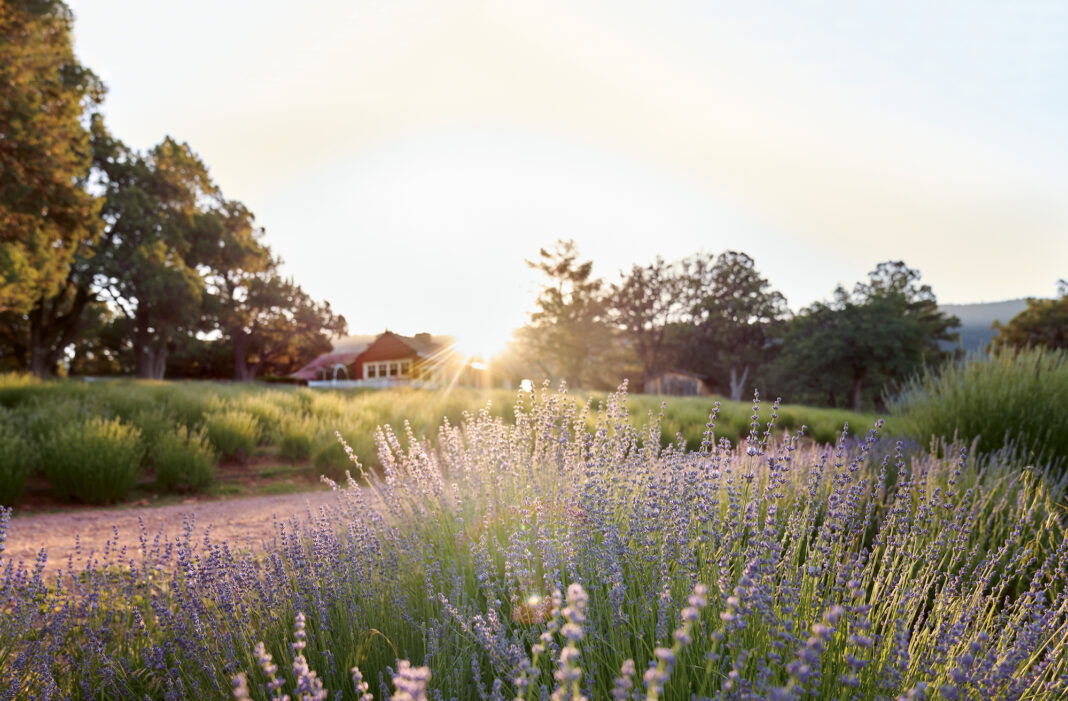10 Things Nobody Tells You About Lavender
Introduction
Lavender is a versatile and popular herb known for its soothing fragrance and medicinal properties. While many people are familiar with lavender’s calming scent and uses in aromatherapy, there are several lesser-known facts and benefits of this plant that are often overlooked. In this article, we will explore 10 things that nobody tells you about lavender.
1. Varieties of Lavender
Contrary to popular belief, there are over 450 different varieties of lavender, each with its unique characteristics and uses. Some varieties, such as English lavender, are commonly used in cooking and essential oils, while others, like French lavender, are better suited for ornamental purposes.
2. Medicinal Uses
Lavender has been used for centuries in traditional medicine for its various health benefits. It is known for its anti-inflammatory, antibacterial, and calming properties. Lavender oil can be used topically to relieve burns, insect bites, and headaches, or inhaled to reduce stress and anxiety.
3. Culinary Uses
While lavender is more commonly associated with its use in perfumes and soaps, it is also a popular ingredient in cooking. Lavender can add a unique flavor to dishes such as desserts, drinks, and even savory dishes. However, it is important to use culinary lavender specifically grown for consumption.
4. Skincare Benefits
Lavender is a popular ingredient in skincare products due to its soothing and anti-inflammatory properties. It can help reduce redness, irritation, and acne, making it suitable for those with sensitive skin. Lavender oil is often used in creams, lotions, and serums for its healing benefits.
5. Natural Insect Repellent
Due to its strong scent, lavender is a natural insect repellent that can help keep pests like mosquitoes, flies, and moths at bay. Planting lavender in your garden or using lavender essential oil in a diffuser can help repel insects without the need for chemical-laden repellents.
6. Sleep Aid
Lavender is well-known for its calming and relaxing properties, making it an effective sleep aid. Inhaling lavender oil before bedtime can help improve sleep quality and reduce insomnia. Lavender pillows, sachets, or candles can also promote restful sleep.
7. Natural Cleaning Agent
Lavender’s antiseptic properties make it a great natural cleaning agent. You can create a DIY all-purpose cleaner using lavender essential oil, water, and vinegar to disinfect surfaces and eliminate odors. Lavender-scented cleaning products can also leave your home smelling fresh and clean.
8. Symbolism and Cultural Significance
Lavender has a rich history of symbolism and cultural significance. In ancient times, lavender was used in religious ceremonies, as a perfume, and for medicinal purposes. It is often associated with purity, tranquility, and love, making it a popular choice for weddings, celebrations, and rituals.
9. Environmental Benefits
Lavender plants attract pollinators like bees and butterflies, making them beneficial for the environment. By planting lavender in your garden, you can support local pollinators and contribute to biodiversity. Additionally, lavender is a low-maintenance plant that requires minimal water and care.
10. Emotional Benefits
In addition to its physical benefits, lavender is also known for its emotional benefits. The calming scent of lavender can help reduce anxiety, stress, and tension, promoting a sense of well-being and relaxation. Lavender aromatherapy is often used in spa treatments and holistic therapies.
Conclusion
Despite its popularity, there are several lesser-known facts and benefits of lavender that make it a truly versatile and valuable herb. From its various varieties and medicinal uses to its culinary, skincare, and environmental benefits, lavender has much to offer beyond its soothing scent. By exploring the diverse properties of lavender, you can discover new ways to incorporate this herb into your daily life for both physical and emotional well-being.
FAQs
1. Is lavender safe for all individuals?
While lavender is generally considered safe for most people, some individuals may have allergies or sensitivities to the herb. It is recommended to do a patch test before using lavender oil topically and consult with a healthcare professional if you have any concerns.
2. How can I grow lavender at home?
Lavender thrives in well-drained soil and full sunlight. If planting lavender indoors, make sure to use a pot with good drainage. Water lavender sparingly and avoid overwatering to prevent root rot. Prune lavender regularly to promote growth and longevity.
3. Can lavender be used during pregnancy or breastfeeding?
It is recommended to consult with a healthcare provider before using lavender products during pregnancy or while breastfeeding. While lavender is generally considered safe, it is important to err on the side of caution due to its potential effects on hormonal balance.




